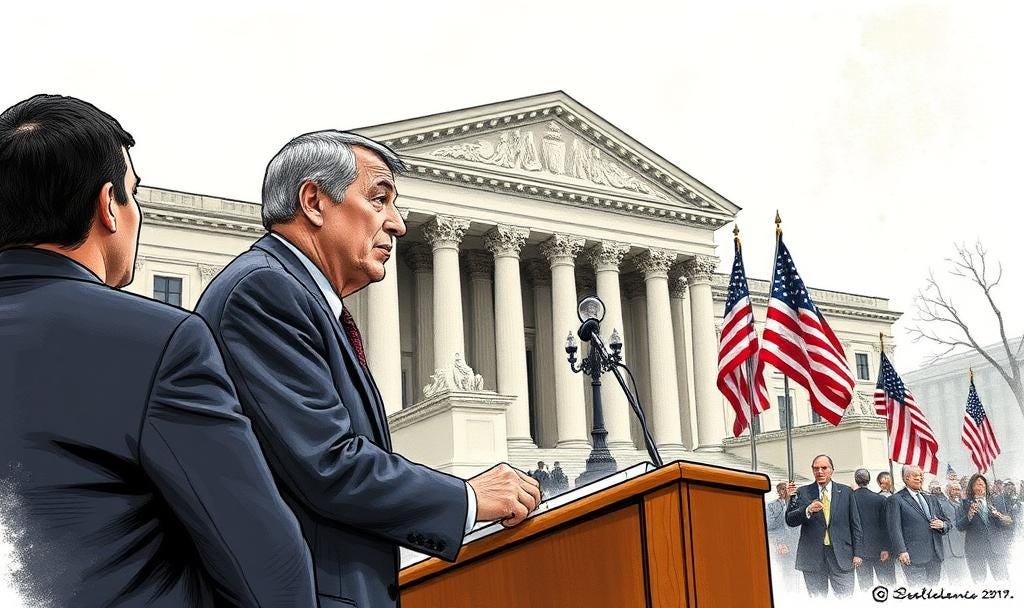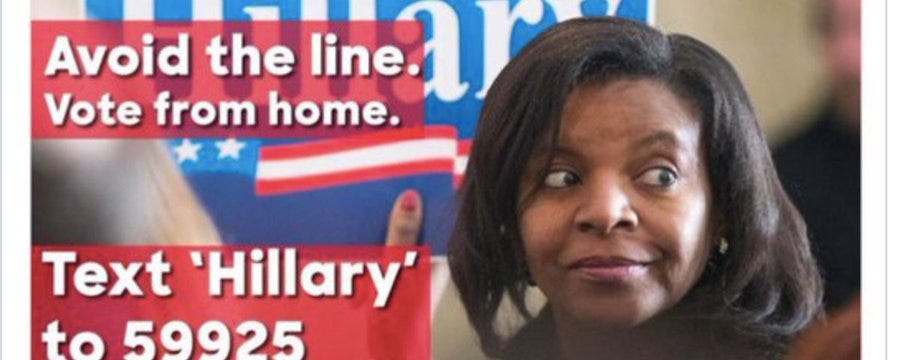Second Circuit Reverses Douglass Mackey’s Conviction
Mackey, known online as "Ricky Vaughn," posted deceptive memes on Twitter that falsely instructed Hillary Clinton supporters to vote via text message or social media hashtags.
The case of United States v. Douglass Mackey centers on Mackey's 2023 conviction for conspiring to violate the civil rights of others under 18 U.S.C. § 241, stemming from his actions during the 2016 presidential election.
Mackey, known online as "Ricky Vaughn," posted deceptive memes on Twitter that falsely instructed Hillary Clinton supporters to vote via text message or social media hashtags, methods that are not valid for casting votes. These posts, which reached thousands of users, the government argued were intended to mislead voters and suppress turnout, particularly targeting Black and minority voters. The government argued that Mackey's actions constituted a conspiracy to deprive individuals of their constitutional right to vote, as protected by the Fifteenth and Nineteenth Amendments, by using false information to disrupt their ability to cast ballots.
Following a trial in the Eastern District of New York, Mackey was convicted and sentenced to seven months in prison, with the district court emphasizing, without evidence, the voter suppression harm caused to democratic processes and marginalized communities.
On July 9, 2025, Second Circuit Court of Appeals unanimously reversed Mackey's conviction in a significant ruling, finding that the evidence was insufficient to support the conviction under § 241 and that the jury instructions were flawed.
The court's analysis focused on several key issues. First, it determined that Mackey's memes, while deceptive, did not meet the threshold of "intimidation" required under § 241, as established by precedent in cases like United States v. Guest and United States v. Price. The court noted that intimidation under the statute typically involves threats or coercion, such as economic retaliation or physical harm, which were absent in Mackey's posts. Instead, his actions relied on deception, which the court distinguished as a separate mechanism not clearly covered by § 241 in the context of voting rights.
The court acknowledged that Mackey's memes caused harm by potentially discouraging voting but concluded that the government failed to prove an intent to intimidate, a critical element of the offense.
Second, the Second Circuit found that the district court's jury instructions were erroneous because they allowed the jury to convict Mackey based solely on his use of "false information" without requiring proof of intimidation. The instructions suggested that any false statement intended to prevent voting could violate § 241, which the appeals court deemed overly broad. This error was particularly significant because the statute's application to voting rights conspiracies has historically been limited to overt acts of coercion, such as those seen in post-Reconstruction era cases involving racial discrimination.
The court emphasized that expanding § 241 to cover deceptive speech, without clear evidence of intimidation, risked criminalizing a wide range of political expression, raising First Amendment concerns. The reversal also addressed the broader implications of the case, particularly in the context of free speech and election integrity.
The court recognized the government's interest in combating voter suppression but cautioned that § 241 was not the appropriate tool for addressing misinformation or deceptive campaign tactics absent clear threats. It noted that other statutes, such as those prohibiting voter fraud or false statements in federal elections, might better address such conduct, but these were not charged in Mackey's case.
The decision highlighted the tension between protecting electoral processes and preserving robust political discourse, especially on social media platforms where misinformation can spread rapidly. Mackey's case drew significant attention due to its implications for online speech and the legal boundaries of election-related conduct. Supporters of the reversal, including free speech advocates, argued that the conviction criminalized satirical or misleading political speech, which is often protected under the First Amendment. Critics of the decision, including voting rights advocates, expressed concern that it could embolden bad actors to spread disinformation targeting vulnerable voters.
The Second Circuit's ruling did not dispute the deceptive nature of Mackey's actions or their potential to harm democratic participation but concluded that the legal framework of § 241 was misapplied. As a result, Mackey's conviction was vacated, and the case was remanded, leaving open the possibility of further legal proceedings under different statutes or theories, though the court's opinion suggested significant hurdles for any future prosecution based on similar facts.



